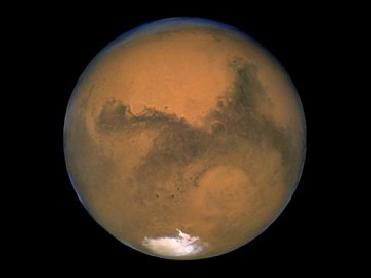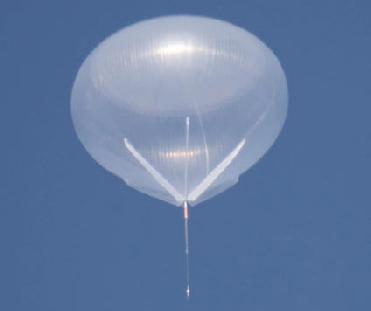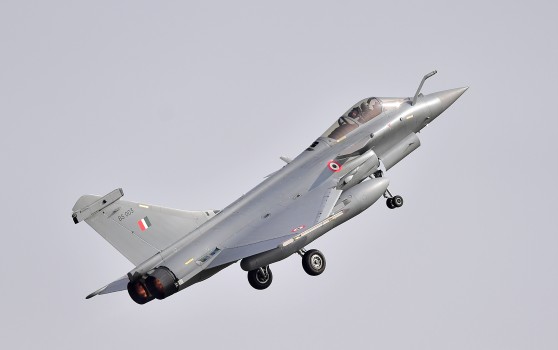
A File Photo of Mars.
WASHINGTON (BNS): Earth microbes on spacecraft headed to Mars may survive the harsh environs of the red planet long enough to inadvertently contaminate the Martian surface with terrestrial life.
Recent studies have shown that diverse microbial communities remain at the time of launch despite sterilization efforts made to reduce bioload on spacecraft.
A new study published in journal “Applied and Environmental Microbiology” said, to preserve the pristine environments, the bioloads on spacecraft are subject to sterilization designed to prevent the contamination of the Red planet.
The sterile nature of spacecraft assembly facilities ensures that only the most resilient species survive, including acinetobacter, bacillus, escherichia, staphylococcus and streptococcus.
Researchers from the University of Central Florida replicated Mars-like conditions by inducing desiccation, hypobaria, low temperatures, and UV irradiation.
During the week-long study they found that Escherichia coli a potential spacecraft contaminant, may likely survive but not grow on the surface of Mars if it were shielded from UV irradiation by thin layers of dust or UV-protected niches in spacecraft.
“If long-term microbial survival is possible on Mars, then past and future explorations of Mars may provide the microbial inoculum for seeding Mars with terrestrial life,” said the researchers.
“Thus, a diversity of microbial species should be studied to characterize their potential for long term survival on Mars.”
 Previous Article
Previous Article Next Article
Next Article













The Indian Air Force, in its flight trials evaluation report submitted before the Defence Ministry l..
view articleAn insight into the Medium Multi-Role Combat Aircraft competition...
view articleSky enthusiasts can now spot the International Space Station (ISS) commanded by Indian-American astr..
view article